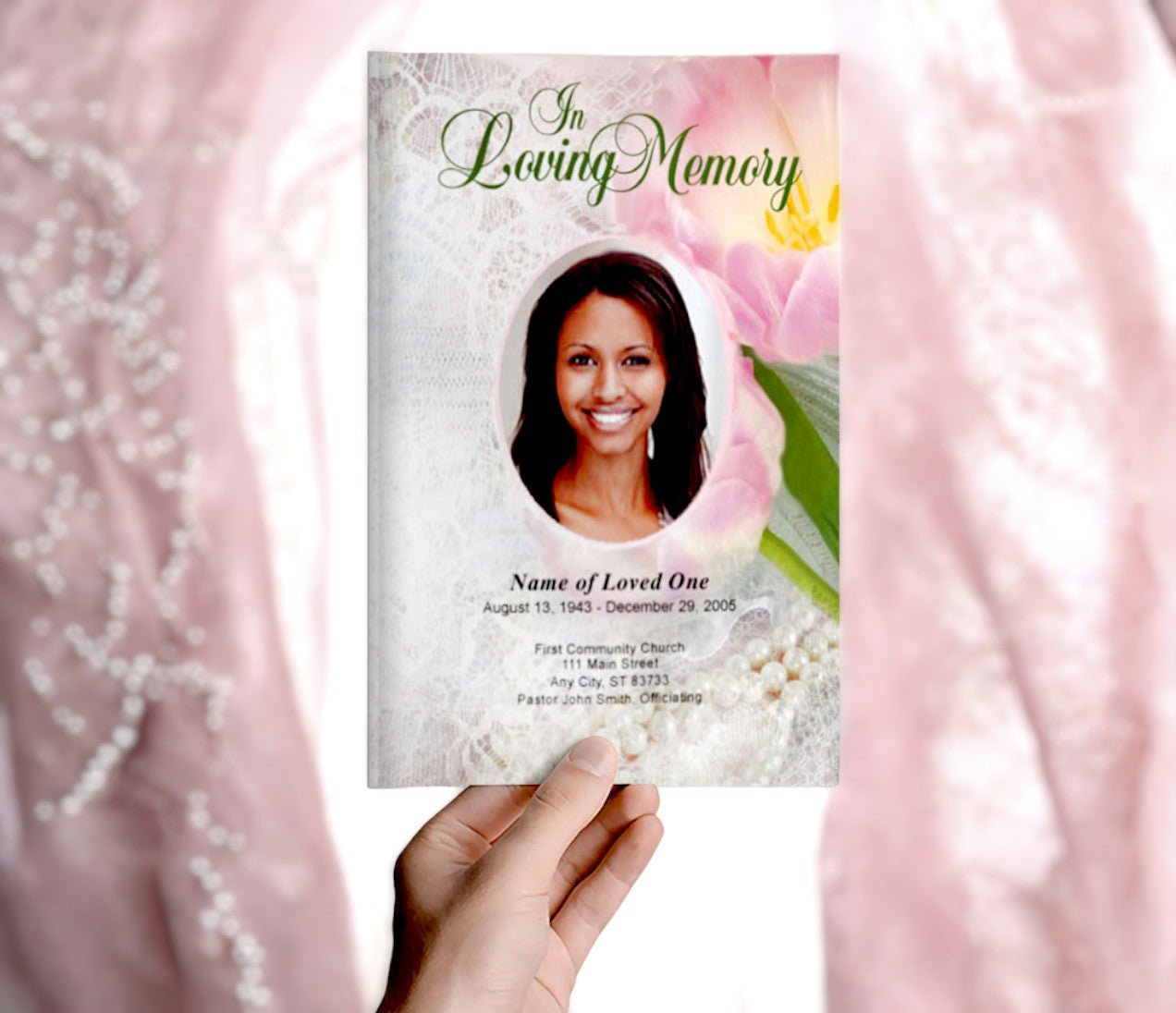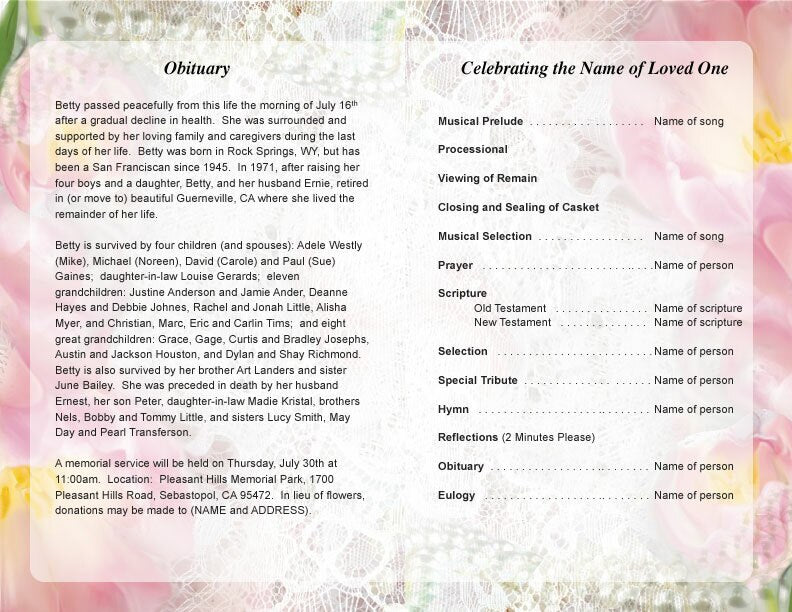Funeral Home Chaplain Services: Comfort and Support in Times of Loss

The role of a funeral home chaplain is a vital one, providing emotional and spiritual support to families during the most difficult times of their lives. Grief can be overwhelming, and the presence of a chaplain offers a sense of peace and comfort. In this article, we’ll explore the importance of funeral home chaplain services, the different types of support they offer, and how they help families navigate through loss.
What Is a Funeral Home Chaplain?
A funeral home chaplain is a clergy member or a trained spiritual counselor who works within funeral homes to provide care and guidance for grieving families. Their role is not limited to any one religion, making them accessible to people of all faiths or no particular faith. The chaplain's purpose is to offer spiritual care, facilitate memorial services, and assist with emotional support during the funeral planning process.
The Chaplain's Role in Funeral Services
Funeral chaplains serve as a comforting presence, providing personalized services that reflect the deceased's life and values. Whether through prayers, readings, or eulogies, they ensure that the service honors the person being remembered.
Personalizing Memorial Services
One of the key responsibilities of a chaplain is to create a memorial service that resonates with the family. They consult with loved ones to gather personal stories, favorite readings, or hymns, ensuring that the service is a meaningful tribute.
Leading Prayers and Readings
During the service, chaplains may lead prayers or offer comforting readings from religious or secular texts. This adds an element of reflection and provides spiritual solace to those who find comfort in faith during times of loss.
Spiritual and Emotional Support
Beyond officiating funeral services, chaplains offer vital emotional and spiritual support. Grieving families often feel lost, and a chaplain provides a compassionate presence to help them through the stages of grief.
Providing Grief Counseling
Many funeral home chaplains are trained in grief counseling. They meet with family members before or after the service, offering a listening ear, and helping them process their emotions. This one-on-one support can be an invaluable part of the healing journey.
Helping Families Cope with Loss
Grief can manifest in many ways, and people often struggle to express their feelings. A chaplain can offer coping strategies, whether through prayer, reflection, or simply being a compassionate listener. They help families find peace in their sorrow, providing reassurance and strength.
Offering Non-Denominational Support
Funeral home chaplains are sensitive to the religious and spiritual needs of all families. Whether a family practices a specific religion or identifies as non-religious, the chaplain is skilled in offering inclusive support. Their focus is on bringing comfort, no matter the individual's belief system.
Collaborating with Funeral Directors
The chaplain works closely with the funeral director and other funeral home staff to ensure that the service and all arrangements meet the family’s wishes. This collaboration ensures a seamless experience for grieving families, allowing them to focus on remembering their loved one.
Coordinating Service Details
Funeral home chaplains often take an active role in coordinating the details of the service. This can include selecting readings, determining the order of service, and making sure all religious or cultural traditions are honored. Working alongside the funeral director, the chaplain ensures that the service runs smoothly and respectfully.
Customizing Religious or Secular Ceremonies
Whether the family prefers a traditional religious ceremony or a more secular memorial, the chaplain works to customize the service to reflect the deceased’s beliefs and personality. They offer flexibility, ensuring the service is personal and meaningful to the family.
Chaplain Services Beyond the Funeral
Chaplains offer support that extends beyond the day of the funeral. Their care often continues in the weeks and months following a loss, offering families ongoing guidance as they adjust to life without their loved one.
Follow-Up Care for Grieving Families
After the funeral, chaplains may provide follow-up care to grieving families. This could include phone calls, home visits, or additional grief counseling sessions. This ongoing support ensures that families have someone to turn to as they continue their grieving process.
Ongoing Spiritual Guidance
For families seeking spiritual direction, a chaplain can offer ongoing guidance. Whether through prayer, meditation, or reflective practices, they provide support as individuals navigate their grief and seek healing.
Community Resources and Referrals
Chaplains are often connected with local resources and support groups. They can refer families to grief support groups, therapists, or faith-based organizations that specialize in bereavement care. This network of resources ensures that families have a support system in place long after the funeral has concluded.
Benefits of Chaplain Services in Funeral Homes
There are numerous benefits to having a chaplain involved in the funeral process. Their presence brings a sense of peace, provides tailored services, and offers holistic support to grieving families.
Comfort in Times of Uncertainty
Grief can be a confusing and difficult process. Chaplains help bring clarity and reassurance to families during this time. Their calming presence offers stability, guiding families through unfamiliar funeral rituals and helping them navigate their emotions.
Support for the Entire Family
A chaplain doesn’t just provide comfort to the immediate family but extends their care to all those grieving. This can include friends, extended family, and even funeral home staff who may be affected by the loss. Their inclusive approach ensures that everyone receives the emotional and spiritual care they need.
Bringing Peace Through Ritual
Many families find great comfort in rituals during times of grief. Whether religious or secular, these rituals provide a sense of closure and continuity. A chaplain helps guide these practices, offering a path to healing through structured ceremonies and reflections.
How to Access Chaplain Services
Accessing chaplain services in funeral homes is a simple process. Most funeral homes have a chaplain on staff or can connect families with one. During the funeral planning meeting, families can discuss their preferences with the funeral director, who will arrange for chaplain services to meet their specific needs.
When to Request a Chaplain
Families can request a chaplain at any time during the funeral planning process. Whether during the initial consultation or as the service approaches, funeral homes are flexible in accommodating spiritual support. Additionally, families who may not be religious but want someone to provide emotional care can also benefit from chaplain services.
Choosing a Chaplain Based on Your Beliefs
Families who practice specific faiths can often choose a chaplain who aligns with their religious beliefs. Alternatively, funeral homes also offer non-denominational chaplains for families seeking spiritual support without religious affiliations. Discussing your preferences early ensures that the chaplain service is a good fit for the family’s needs.
Funeral Home Chaplain Services Conclusion
Funeral home chaplain services provide invaluable comfort and support during times of grief. Whether guiding families through the funeral service, offering emotional and spiritual care, or continuing support after the funeral, chaplains play a vital role in the healing process. Their presence ensures that families are cared for, allowing them to focus on honoring their loved one and finding peace during a difficult time.
For more information on this topic, visit The Funeral Program Site.
© The Funeral Program Site ~ Funeral Programs, Funeral Program Templates and Cancer Ribbons





























